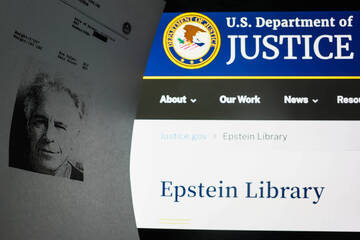Atlanta spa shooter sentenced to life after controversial plea deal
Atlanta, Georgia - The Georgia man accused of killing eight people at three metro Atlanta spas – including six women of Asian descent – pleaded guilty Tuesday to four counts of murder and was sentenced to life in prison, even as he faces the death penalty on the other murder charges.
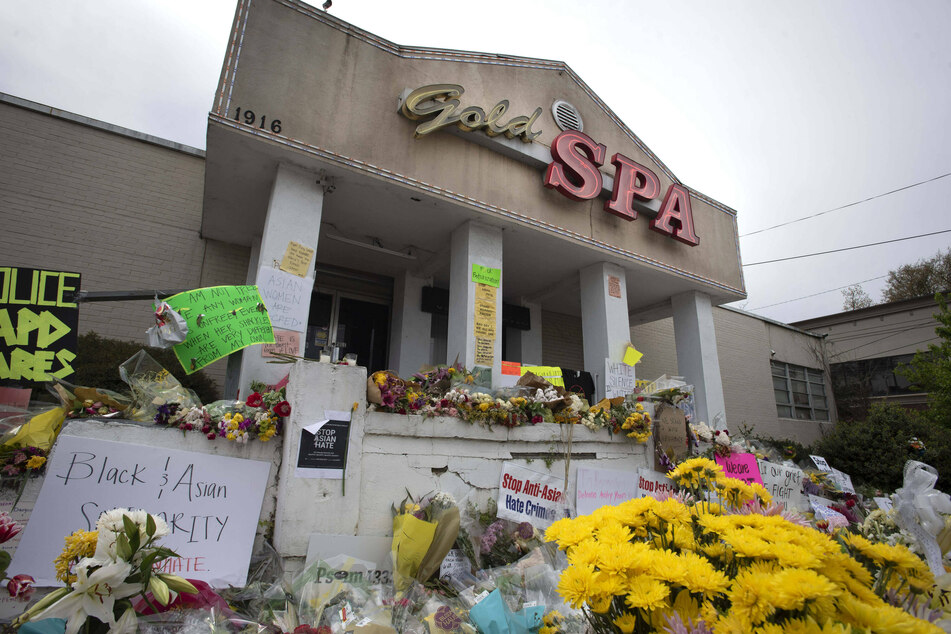
Robert Aaron Long (22) reached a plea agreement with Cherokee County prosecutors to avoid the death penalty for his role in the March 16 killings of four people at Young’s Asian Massage in Woodstock and receive four consecutive life sentences without the possibility of parole, plus 35 years.
Speaking before Cherokee County Superior Court Chief Judge Ellen McElyea on Tuesday, Cherokee County District Attorney Shannon Wallace said that Long was motivated by a "sex addiction" – a term that is not recognized as an official disorder – rather than any hatred against people of Asian descent.
"This was not any kind of hate crime," Wallace told the judge, noting that Long walked through Young’s Asian Massage shooting "anyone and everyone he saw."
Long still faces the possibility of a death sentence. Next month he is scheduled to appear in Fulton County, where he is accused of killing four additional women in two Atlanta spas. Fulton County prosecutors’ approach veers from prosecutors in Cherokee County, a conservative-leaning suburban county about 40 miles north of Atlanta.
Fulton County District Attorney Fani Willis has said that she will seek the death penalty and plans to seek hate crime charges.
DA says no racial motive identified
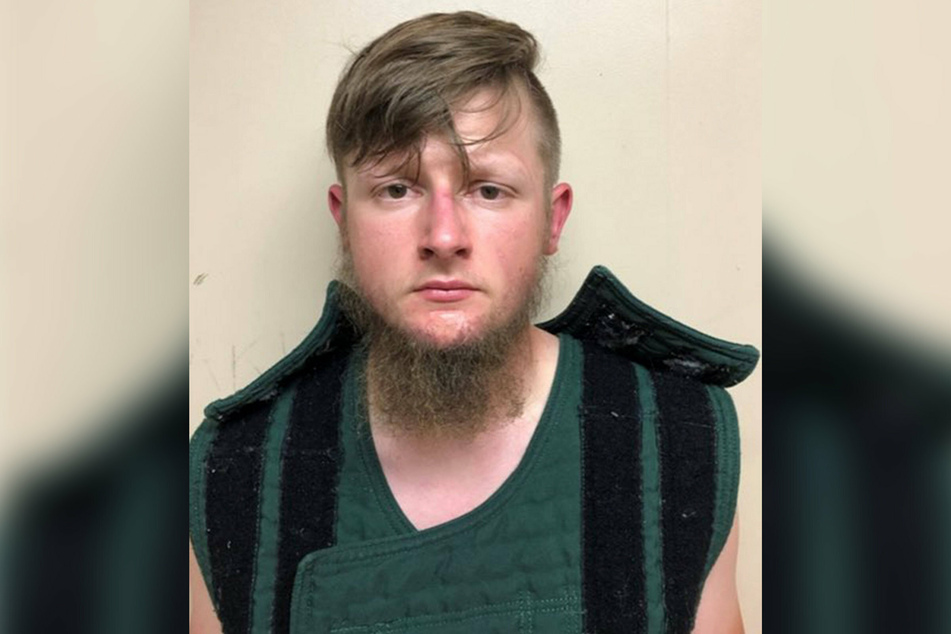
In May, Willis announced plans to seek enhanced penalties for crimes involving bias and prejudice. She said Long, who is white, selected the victims because of "actual or perceived race, national origin, sex and gender."
Two of the four victims killed at Young’s Asian Massage in Cherokee County – Xiaojie "Emily" Tan (49) and Daoyou Feng (44) – were Asian women. The other two people were a white man, Paul Michels (54) and a white woman, Delaina Yaun (33). A Latino man, Elcias Hernandez-Ortiz, was shot in the face but survived.
The victims who were killed at the Gold Spa and Aromatherapy Spa in Atlanta – Suncha Kim (69), Soon Chung Park (74), Hyun Jung Grant (51), and Yong Ae Yue (63) – were Asian women.
On Tuesday, Wallace said law enforcement officers interviewed several of Long’s friends and acquaintances, including three Asian Americans, and that none of them had heard him express any bias against Asians or any other racial or ethnic groups.
Wallace said Tuesday that if Long hadn’t pleaded guilty, prosecutors would have filed for a hate crimes enhancement for bias based on gender and sought the death penalty.
"Vigilante justice" against sex industry
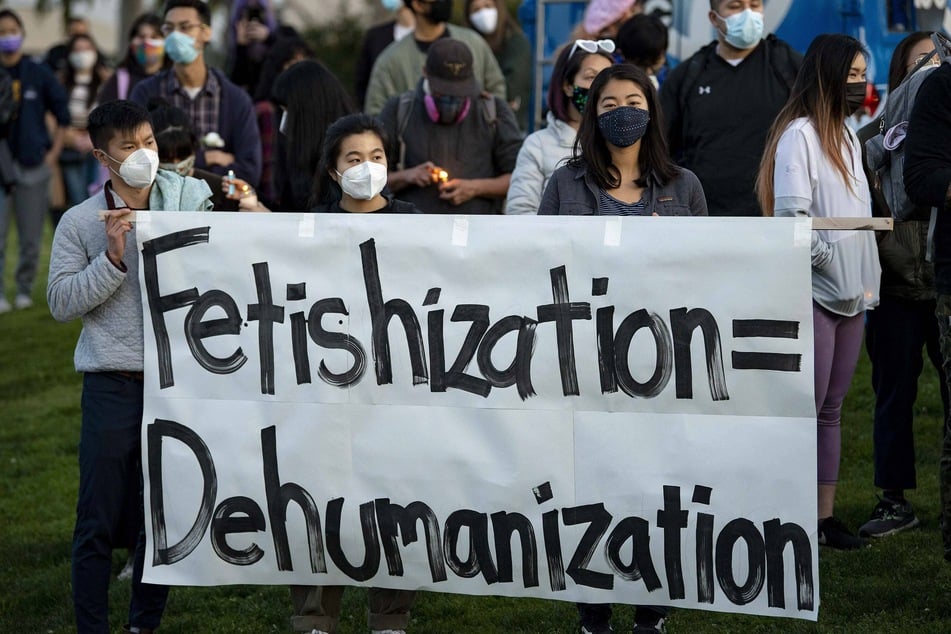
In one of the most detailed accounts of the incidents leading up to the shooting so far, Wallace said Long, an evangelical Christian who struggled to conform with his church’s teachings on "purity culture," was wracked with guilt over his "addiction" to pornography and massage parlors.
The morning of the shooting, she said, Long decided to kill himself after one last appointment at a spa that offered sexual services. But as he drank bourbon in the parking lot outside Young’s – a spa that he had frequented before – he changed his plan and decided to commit "vigilante justice" against the sex industry.
Long, who stood before the judge shackled at the waist and wearing a white dress shirt and gray pants, on Tuesday offered his first public account of the shooting.
Speaking quietly and calmly, he said that he had been living at a friend’s house for a week before the shooting after his parents had kicked him out of their home when they discovered via a tracking app that he had paid for sexual services at a spa.
The morning of the shooting, he said, he spent several hours watching pornography in his room, thinking his roommate had left the house and gone to work. But when he went downstairs, he said, he felt "very embarrassed and ashamed" to find his roommate was still home. When his friend asked him if he wanted to talk about it, Long got in his car.
"That’s when I decided I wanted to kill myself due to my feelings of hopelessness and my sexual struggles," he told the judge.
"What is it about what you call your ‘sexual struggles’... what is it that causes you shame?" the judge asked.
"The avenues I take to meet those desires," he said. "It never felt like I had a lot of control over those urges and it became obsessive to the point it occupied a lot of thought space. It’s hurt a lot of relationships in my life and I still found myself going back to it."
The judge pointed out that many people watched pornography.
"What it is that you think is wrong about that?" she asked Long.
"Well, it’s taking something I believe to be meant for a monogamous relationship between a man and a woman and making sport of it without any relationship efforts in it," Long said.
"And essentially taking sex out of the context I believe to be only correct in a marriage relationship."
A change in plans
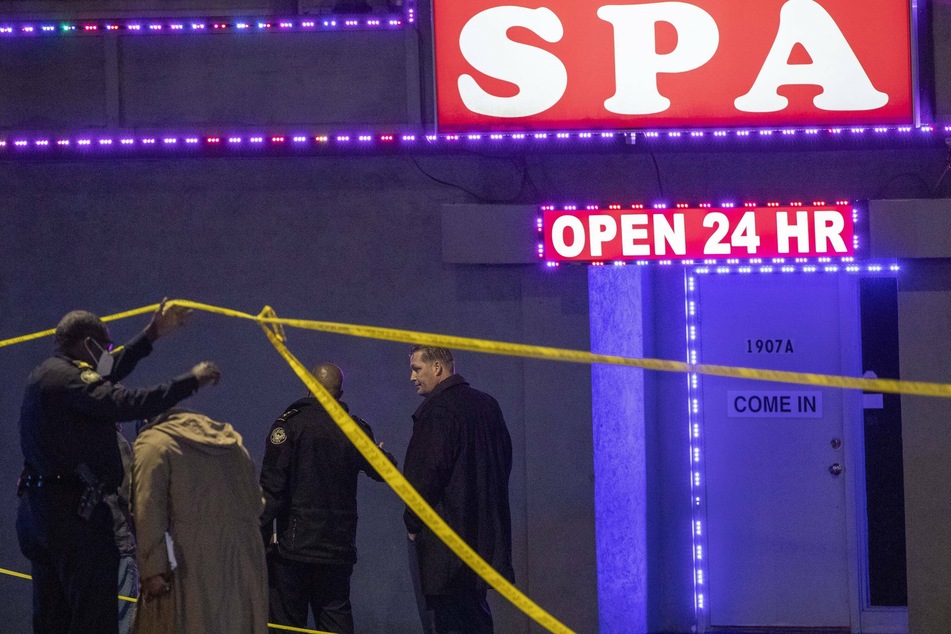
Long said he drove to Big Woods Goods gun store in Holly Springs, Georgia, and picked out an inexpensive 9 mm handgun and a box of 50 bullets. He did not have enough money in any of his bank accounts to make the $460 purchase, but he left the store to cash a paycheck and then returned to buy the gun.
After stopping at a liquor store to pick up a fifth of Four Roses bourbon, he drank in the parking lot outside the spa to overcome his fear of killing himself. Then he decided to kill the spa workers.
"What was running through my mind was I wanted to stop the places, basically punish the people," he told the judge. "That I could find the self-control going to stop sinning for the purposes of sexual gratification."
"Why did you think they needed punishment?" the judge asked him.
"It was in essence a blame shifting from myself on to them for my actions," Long said.
He loaded the 9 mm in his car outside the spa before making his way inside. After giving cash to a woman behind a desk, she led him to a room where a woman performed a sexual act on him.
When it was over, he got dressed and headed to a bathroom in the back of the spa. Then he began shooting. He said he didn’t recognize any of the people he shot, including his first victim, John Michels, whom he shot when he saw him leaning over a counter.
"I don’t recall thinking much after I pulled the trigger first," Long said. "My mind felt like it was blank."
Plea deal denounced as more trauma for the Asian American community
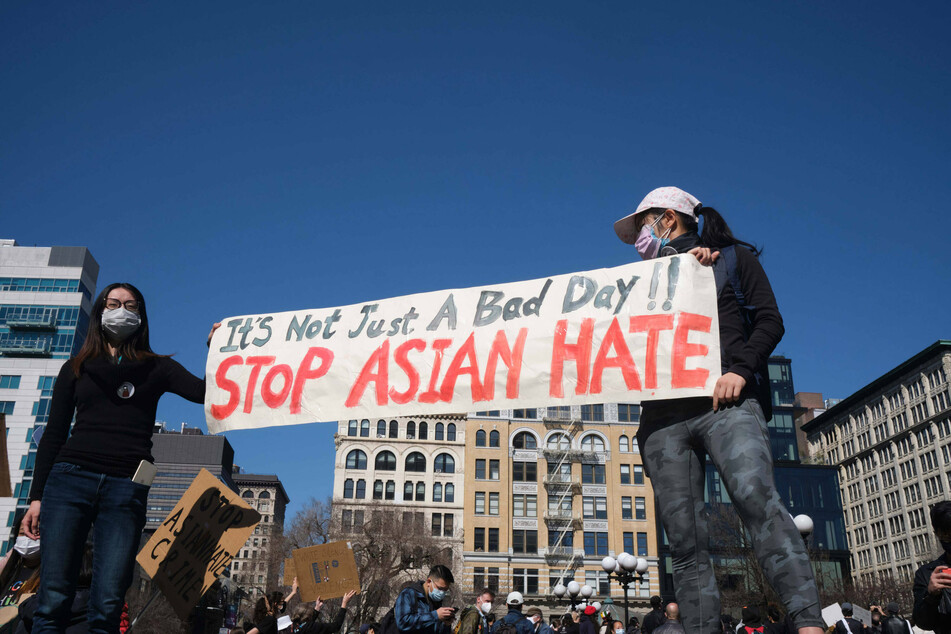
The issue of "sexual addiction" as a motivating factor in the case has been controversial.
Some Asian American activists were quick to denounce the plea agreement and condemned the judge for quizzing Long about his sexual behavior and the services he received at the spa – details that they said shamed and blamed his victims.
"I question whether justice has been served," said Stephanie Cho, executive director for Asian Americans Advancing Justice-Atlanta, who said there was no question that the shootings were race-motivated and gender-based. The court, she said, had let Long inflict more trauma and pain on the Asian American community.
"The prosecutor and Long were on the same side of white supremacy," she said. "I’m not sure what the purpose of letting this individual speak and to spew the things that they said, and then for the prosecutor to also back that up – and never really take into account how that would make the Asian Americans feel."
On Tuesday, after family members of those killed packed into the Cherokee County courtroom, Wallace hailed the plea agreement as "swift justice" and noted that all relatives of the victims that her office had been able to contact supported it.
Some of them read victim impact statements in court.
Bonnie Michels, whose husband, Paul, was the first person Long shot to death, told the judges they had been married 24 years and she’d planned to grow old with him.
"He still had so many years left to enjoy it," she said. "A part of me died with him that day. I am shattered."
Cover photo: IMAGO / ZUMA Wire

